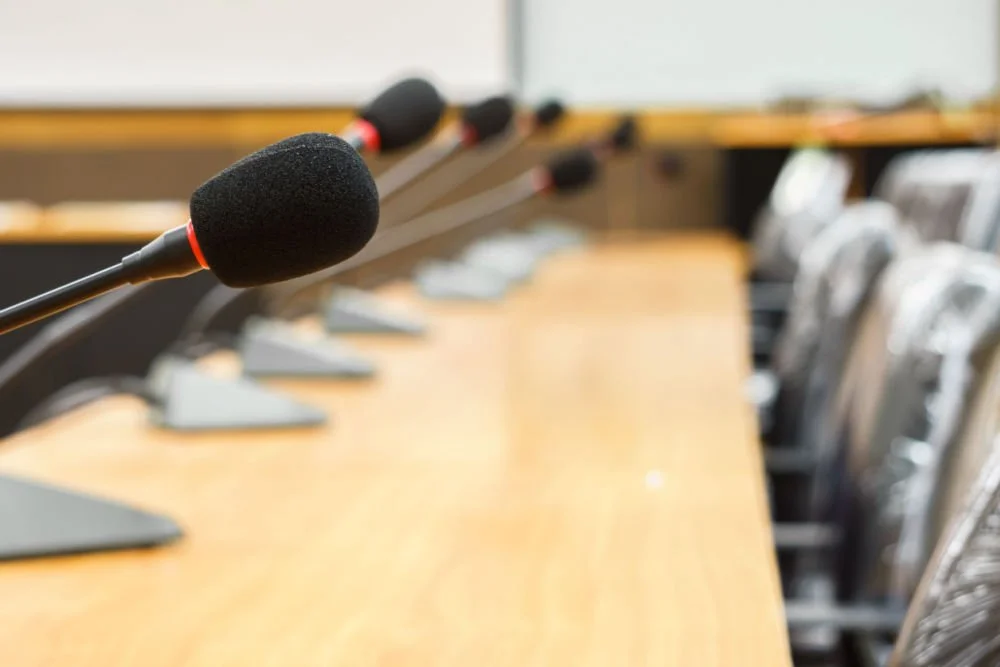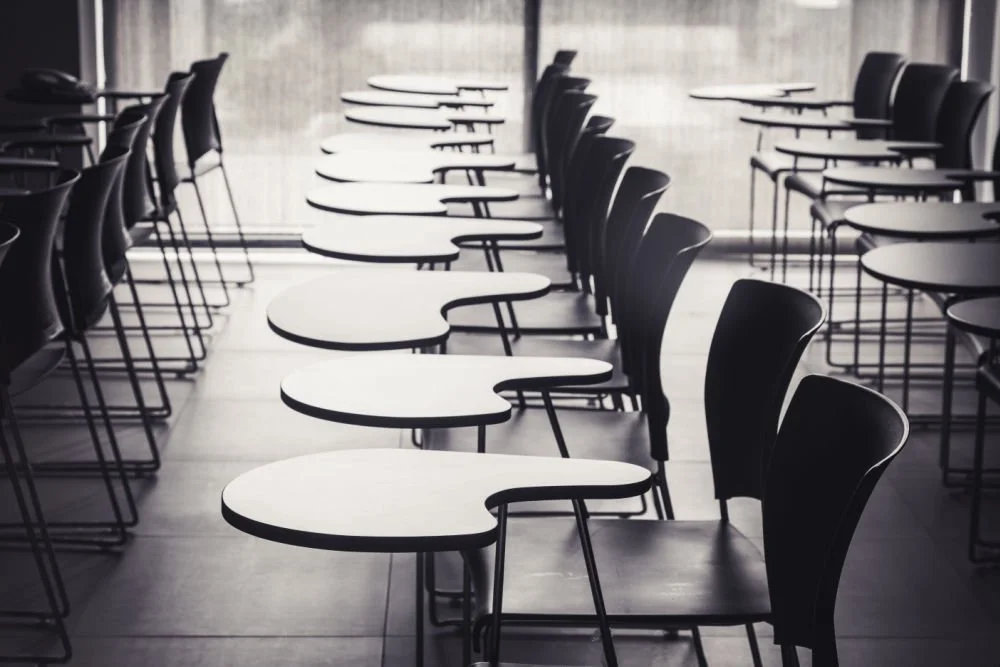Inside the Fundraising Shop of a Top Public School
/Founded in 1635, Boston Latin School is the oldest school in the United States. Its 2,400-student population in grades 7-12 is both economically and culturally diverse, admitted by competitive examination and grades. BLS offers a contemporary, classical, college preparatory education with a college acceptance rate of more than 99 percent. Latin School graduates include Sam Adams, John Hancock, Ralph Waldo Emerson, Leonard Bernstein and Joseph Kennedy, who went on to Harvard, the traditional destination for the school’s best students. Even the school's dropouts have made an impact. They include Benjamin Franklin and Louis Farrakhan.
As a public school, Boston Latin is subject to the vagaries of city funding, so in 1844, the BLS Association was founded to provide the school with a library. When the library was finished, BLSA shifted its focus to providing scholarships for students to go to college. In 1985, the school’s 350th anniversary, the association’s focus shifted again to influence what was happening during students’ time at Latin. “The most impact we can have is during those four to six years that the kids are at the school,” Lorraine Driscoll Sousa, '94 director of development of the Boston Latin School Association, told Inside Philanthropy. “The city budget for technology is not that great; we fund most of the technology in the building. No other school in the Boston Public School System has a director of technology. We have one because we fund it; likewise, an athletic director.”
From 2001 on, Boston Latin has become “a very different school as a result of investments that are through BLSA and private philanthropy and not through the city,” Sousa said. She credits the arts wing, sports opportunities, several club activities, a black box theater and a new cafeteria to BLSA partnering with the school. Today, the BLSA is raising $50 million from alumni, families and friends through its Prima Perpetua (first forever) Campaign to secure the future of Boston Latin School. The emphasis is on funding STEM education, liberal arts, engaged citizenship, global awareness, as well as athletics and wellness.
"Alums are the primary constituency of the Boston Latin School Association,” Sousa said. What advice would she give other people tasked with raising funds for schools? ”A big part is the passion the alumni have because of the sense of pride they have in your school. When we look at Latin School, we see a great sense of pride in where the school started off, what its role has been in history and what it continues to mean every day to the kids who are here. As an alum, we want you to give back the opportunities you had. We want you to invest in the kids now so that they look back in 20 or 40 years and realize that they had stood on the shoulders of someone else.”
Not a bad pitch, right? And one that will sound very familiar to any development officer at a university or elite private school. But there's no reason this same pitch can't be used with alumni of a public school, too.
Sousa stressed that it’s important to keep accurate alumni records, “You can’t get anywhere without a list, because you can’t ask if you don’t know who they are. Finding your people is paramount.” To celebrate the school's 350th anniversary, the BLSA took out full-page ads in the Boston Globe inviting alums to the party. Many of those who showed up had done pretty well for themselves and credited at least part of their success to their Latin School experience.
“If you look at more recent graduates, we have much better information than those who graduated in the 1950s. So you need to build a database, a network and a culture of philanthropy.” This process entails teaching those who are currently at the school about the benefits they received due to alumni generosity, so that when they are in a position to give back themselves, they will gladly do so. In fact, giving back to the school begins now, with the senior class gift, and with students and faculty volunteering their time to host events like reunions for alumni. “When you see an alum who is coming back for his 50th reunion, we have students say, ‘Thank you, this is a different place than it was when you were here, because of alumni like you.’ Those kids who are our tour guides and the recent grads who work the phone-a-thons for us, they get it. They are the ones who, at the age of 18 or 19, give already, so we’re building that culture at the same time,” Sousa said. “They go hand in hand, alumni relations and the fundraising component.”
Recently, the association has expanded its donor base. “In the last three to five years, we have started to pay more attention to the parent population,” Sousa said. The association treads carefully, since nearly a third of students get free or reduced-cost, federally subsidized lunches. “We assume about 10 percent of them come from means. We’ve shifted the dialogue, and how we talk to parents—still being pretty soft until we know whom we’re talking to.”
The BLSA has taken two concrete steps to add parents to its donor base, letting them know to what extent school activities and the infrastructure are due to BLSA, and getting parents on the association’s board for the first time. That change began 10 years ago. “We currently have one member who is a past parent, two are current parents and two alums who have students now attending.”
Although the association does get support from foundations like the Boston Foundation—which gave BLSA more than $100,000 from 2003 to 2013—and the Marcus Foundation, which donated $52,500 over that span, most contributors to the BLSA are from individuals or family foundations. These have included the Massachusetts-based Yawkey Foundations, the Elia & Fannie Karas Foundation and the Bressler Family Foundation, which gave the association $350,000 in 2005. “There is grant writing but it is done through the school side and not the BLSA side. More faculty members apply for grants than the association does,” Sousa said.
How important are fundraisers as part of the association’s funding mix? Well, while the association hosts a number of events, Sousa told us that "most of our events don’t make money; most of our events support the other side of our mission, which is alumni relations—so we subsidize reunions, we subsidize regional events. We have done a few smaller fundraisers, but they are mostly ad hoc.” Events do build alumni cohesion and give association members an opportunity to make a live fundraising pitch.
And where does the money go that BLSA raises?
“The three biggest things we fund at the BLSA through the annual fund are technology, athletics and the arts,” Sousa said. “As a lifelong Bostonian and an alum, I look at Latin School as a meritocracy. You come in regardless of where you come from, or who your parents are. It doesn’t matter where you live or what brand of clothes you are wearing—you have to take the test, you have to have the grades, you have to earn your spot. Our job at the association is to give you every single opportunity we can so that you can go from Latin School and achieve whatever your dreams are.”





































